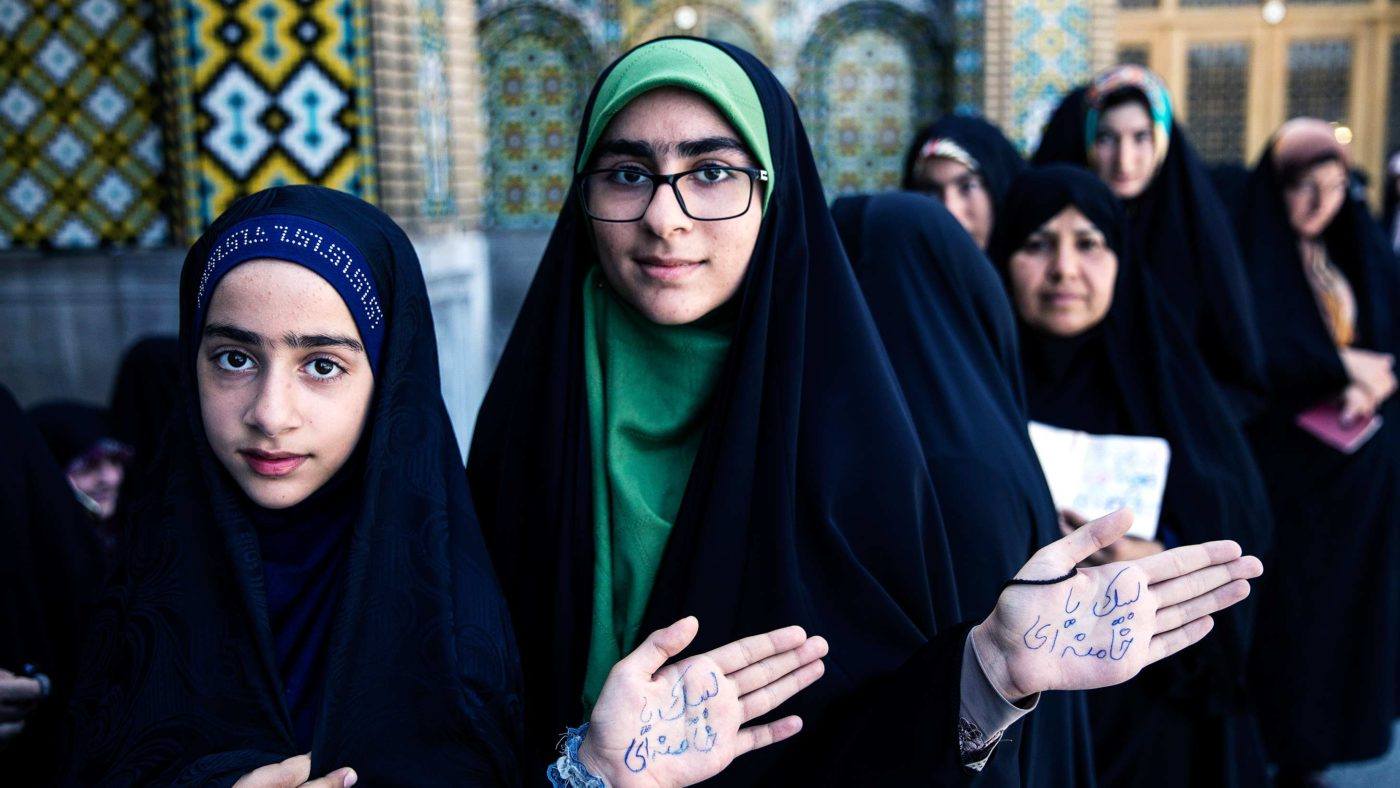Two Islamic concepts have come to determine Iranian political life since the heady days of Ayatollah Khomeini’s 1979 Revolution —khode and taqqiya. These roughly translate into mis- and disinformation and allow people to lie about their true intentions.
While different sects have used khode and taqqiya throughout history, Iran’s continuous Ja’fari revolution has adopted them as key dynamics of the ruling clique as they manage the internal and international affairs of the country.
This is how Iran’s nationalists were duped into supporting an Islamic revolution that would soon devour them; and the international community is duped into accepting an Islamic state as a stable and rational economic partner.
Khode and taqqiya are also part of the reason why so many people in the West herald the consistency with which Iran holds presidential elections (every four years) and the apparent peaceful power-transfers that take place after president replaces president. Since elections and the fluidity of political leaders are the hallmark of a healthy democracy, many suggest that Iran shares in the democratic heritage of the West.
There is nothing further from the truth.
It is likely that the incumbent candidate, Hassan Rouhani, defeated his rivals without (much) electoral fraud. But this misses the point. The office of President of the Islamic Republic of Iran is irrelevant. Rouhani is not a reformer. He does not have the power or the authority for reform and is certainly not elected to fulfil a popular mandate. He is the international face of Iran but he is not a decision maker.
Real power in Iran resides in just three figures: the Supreme Leader, Grand Ayatollah Sayyid Ali Khameini, Chair of the all-powerful Assembly of Experts and Guardian Council, Ayatollah Ahmad Jannati, and the Islamic Revolutionary Guard Corp (Pasradan) Commander, Mohammad Ali Jafari. Together, these men control state security, the judiciary, legislation, the national economy and, crucially, the religio-cultural framework of the Islamic Republic itself.
In essence, Ayatollah Khameini issues fatwas (religious edicts) that are only enforceable by Ja’fari while Jannati defends the Islamic revolution by controlling both the religious establishment and the legislature. Khomeini is the executive, Jannati is the legislature and Jafari is the judiciary. And none of these men were elected.
A queue of European businesses has formed at the door of what is often depicted as a reforming Islamic republic. There has been an estimated 63 per cent increase in Euro-Iranian business relations since the descaling of sanctions following the 2015 P5+1 nuclear agreement.
And where there are business ties there are political ties. Many of these, like the EU’s de facto Foreign Minister, Frederica Mogherini, have gone out of their way to identify Iran as an example of a rapidly reforming Middle Eastern country. She has pushed a pro-Iranian agenda so hard that many dissenters in the European Parliament and other institutions are left marginalised.
The justification is – superficially – the claimed reform credentials of Hassan Rouhani. Such engagement with an Iranian President who wields no real power is nothing more than indulging the country and further hiding the true sources of power – an illiberal crew of religious fundamentalists.
Iran is not a presidential republic. It is a theocratic dictatorship. Until popular elections are held for the position of Ayatollah and civilian oversight of the armed forces is a matter of policy, then Iran must continue to be treated as the rogue state it is.
In this way, it’s not just the political future of the Islamic Republic that’s at stake, but the entire understanding of democracy as a system of values and a way of life.
Ronald Reagan warned that “democracy is only one generation from extinction”. Rehabilitating Iran in the language of democracy without the requisite structural reforms is a nail into the coffin of Iran’s latest generation of change. It will ensure that the Ayatollah remains the Supreme Leader without check, balance or decency.


